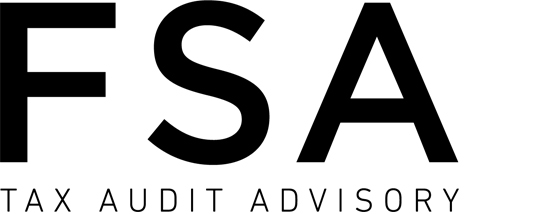The ATO has advised that it will acquire child support data from Services Australia for the 2025 to 2027 income years, including the following:
- client identification details (names, addresses, phone numbers, and dates of birth); and
- child support details (child support identification reference number, child support role type, and child support category).
The ATO estimates that records relating to up to 300,000 individuals will be obtained each financial year, which will be matched against ATO records.
The objectives of this program are to (among other things):
- allow Services Australia to more accurately assess child support obligations, and maximise opportunities to collect child support debts; and
- identify and educate individuals who may be failing to meet their lodgment obligations and help them to finalise their lodgment obligations, or notify the ATO that an income tax return is not required.










